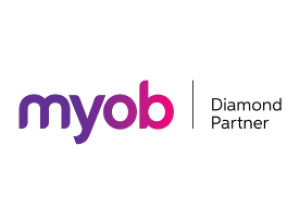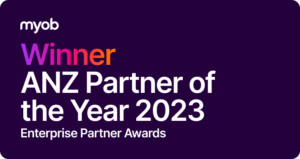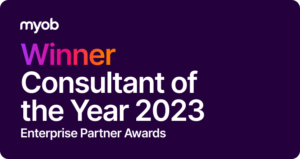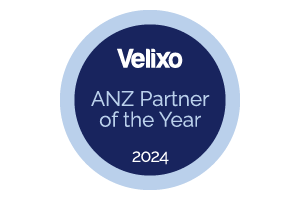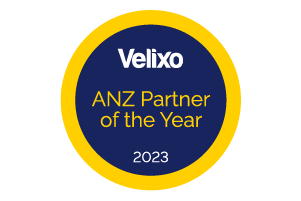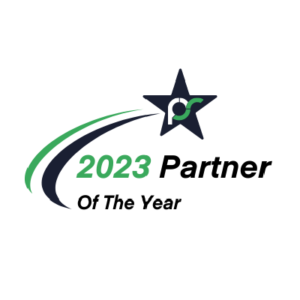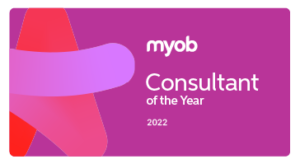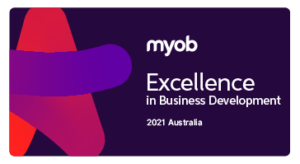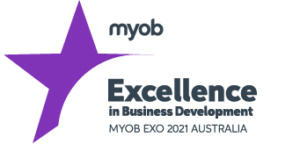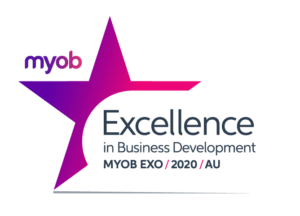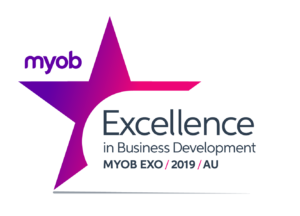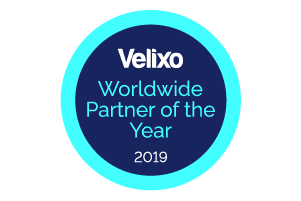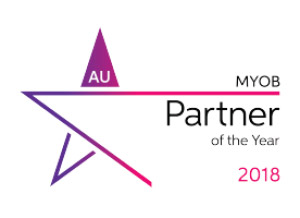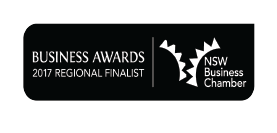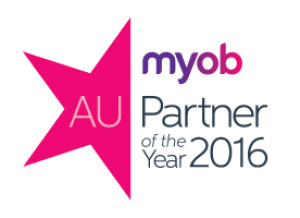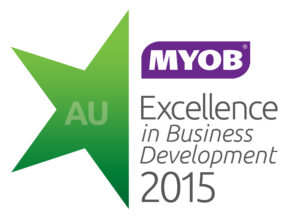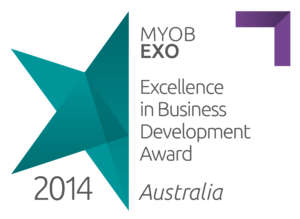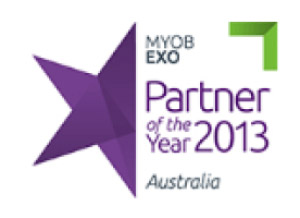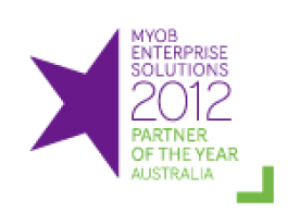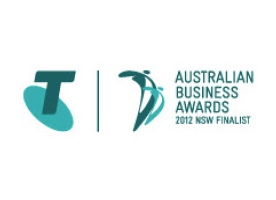5 Technology Trends in 2021
Future-proof business solutionsThe Coronavirus Pandemic has accelerated technological change. It’s not so much the development of new technologies, but the adoption of existing technologies that weren’t widely used before. Despite enforced lockdowns and the normalisation of working from home, everybody logged on to the internet at the same time and it didn’t break. This has led to increased confidence in the network’s capabilities and the disappearance of the fear that the internet is going to crash. We have moved beyond our initial security concerns and have begun exploring the capabilities of the cloud and ‘all things internet’ to meet our day-to-day needs.
Trend 1: Moving data to the cloud
While security is still a major concern, business owners are now more confident and more familiar with security protocols. VPN’s, 2-factor authentication (2FA) and complex passwords have all become a way of life and are not seen as an obstacle to efficiency. The emergence of Microsoft Office 365, including Teams and Sharepoint, provide businesses with new options for sharing information and collaborating. The cost of storing data on platforms such as Dropbox, Google Docs, and OneDrive is much lower than storing it on-premise. Because of increased internet speeds and the rollout of the NBN, there should be no difference between storing data locally and storing it on, for example, OneDrive.
Trend 2: Moving your applications to SaaS (Software as a Service)
Businesses have adapted to paying smaller, incremental amounts for software and services rather than purchasing software upfront. Whether this is a gym membership or an Office 365 subscription, the perception that perpetual licensing is expensive has changed and the benefits of subscriptions are now being understood. Businesses are also adapting to continuous upgrades of online software whereas previously there was a fear of these incremental changes. While browser-based software does not give the rich user experience that a locally installed.EXE will give, users have become used to their favourite browser, be that Internet Explorer, Chrome, Edge or whatever else they may use. The merging of work and home life means users are already familiar with their browser navigation when they enter the workforce. If you’re interested in learning more about the differences between Hosted vs SaaS deployments, read our article here.
Trend 3: Data is data
In the previous generation of software, programmers were protective of their data and used data formats as a way to prevent the data being used in systems other than their own. For users, a decades-old ideal of interoperability has now become a reality. Modern software architecture is open and provides easy access to the data. API’s (Application Programming Interfaces) act as a “translator” so that systems with disparate data types can talk to each other. Disparities in data are no longer an obstacle to integrating systems. If data exists in one system and is required in another system, the cost of building this integration is fractional in comparison to the efficiency gains. SynKit, for example, is an integrator which connects MYOB Exo with one of the most popular applications medium-size businesses use.
Trend 4: Online reporting
Face-to-face meetings have become a thing of the past with the rapid evolution of online meeting software such as GoToMeeting, Skype, Microsoft Teams and Zoom. Humans are social creatures but have accepted that virtual meetings are an efficient substitute, and have become the norm. The opportunity to walk into a meeting room and distribute documents to each participant no longer exists. There are much more efficient mechanisms for sharing information than emailing documents. Online reporting platforms such as Phocas and Bi4 Cloud give management the opportunity to look at summary information and drill down as required in real-time. A receivables management tool such as ezyCollect can be made available to management team members who can view a dashboard or click through to the detail of each individual debtor, right down to an invoice level. Your hosted ERP system or your SaaS system can be configured to give access to, for example, a Board of Directors. By creating custom reports within the system, real-time information can be available across the business at all times.
Trend 5: Payments, PEPPOL and EDI
Electronic data interchange (EDI) is the concept of businesses electronically communicating information such as purchase orders and invoices. These were traditionally communicated on paper, by fax or by e-mail.
Remember how quickly written cheques disappeared from everyday use as a method of payment? The Coronavirus pandemic has accelerated the disappearance of cash in our society. With it has come an acceptance of electronic payments. Invoices can now have a “pay now” button which allows the debtor to simply click and select which invoices they wish to pay. The payment appears in the creditor’s account. Integrated to this can be a mechanism to provide the debtor with funds (line of credit) to manage their own cash flow. The introduction of Government-supported or Government-mandated electronic invoicing (PEPPOL) will eventually lead to a seamless process: the purchaser sends an electronic purchase order, the vendor issues an electronic invoice and the purchaser pays electronically. This is then automatically reconciled in your ERP system.
If you are interested in learning more about how the cloud has accelerated businesses, read about Australia’s number one cloud-based product, MYOB Advanced or hosting MYOB Exo in the cloud. Read more here for Business Process Improvement tips, or send us an email at sales@kilimanjaro-consulting.com, or give us a call to discuss on 1300 857 464 (AU) or 0800 436 774 (NZ).

